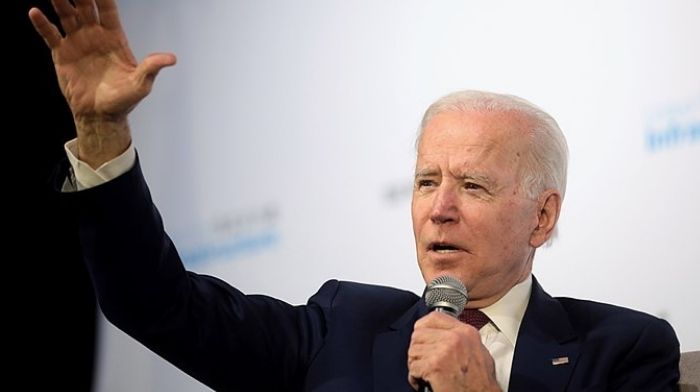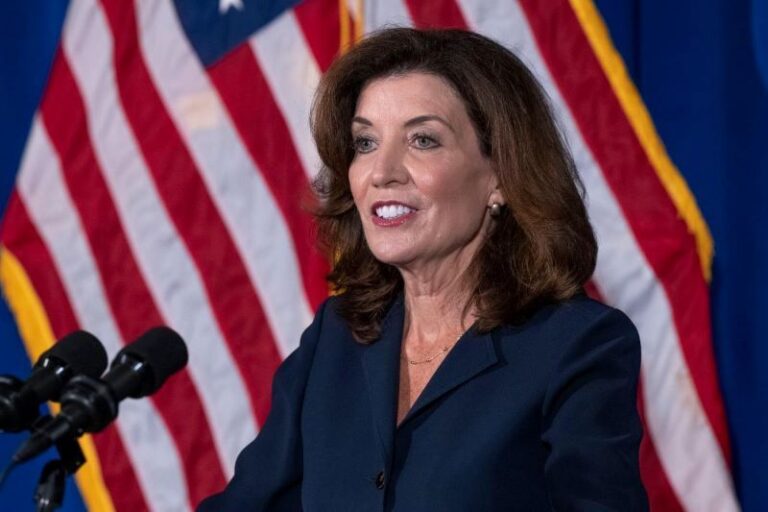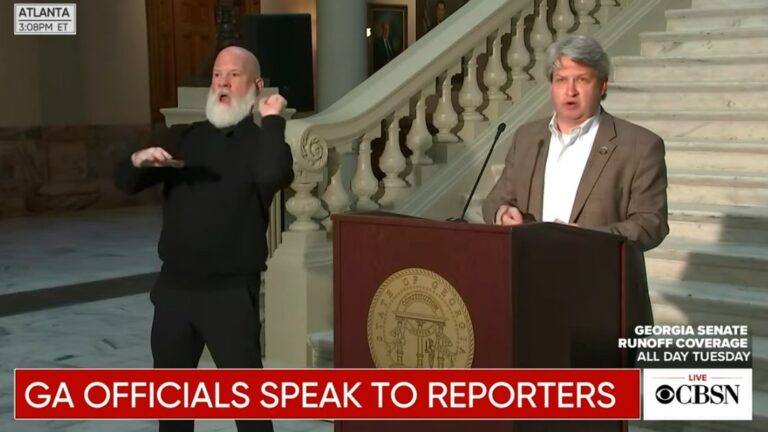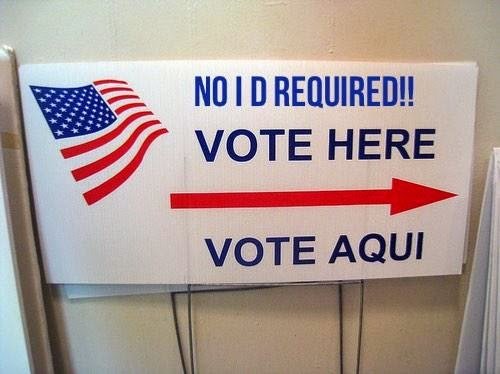Critics Wary As Biden Pushes New Ethanol Blend Amid Sky-High Gas Prices
By Casey Harper (The Center Square)
President Joe Biden announced Tuesday that his administration will allow a new kind of gasoline to be used nationwide this summer in response to elevated gas prices.
The White House said that the Environmental Protection Agency administrator will allow the use of E15 gasoline, “gasoline that uses a 15 percent ethanol blend,” as a cheaper alternative. The EPA will issue an emergency waiver to allow E15 that will take effect June 1 and end Sept. 15, though the fuel will only be available at a small fraction of gas stations.
“We’re not just leaning on our reserves or our allies and partners to help bring down gas prices,” Biden said in his remarks in Menlo, Iowa. “We are leaning on you, our farmers, our biofuel refiners.”
RELATED: Consumer Prices Rise 8.5%, Highest In 40 Years
The news comes as Americans around the country continue to struggle with higher gas prices. According to AAA, the average national gas price is $4.10, up from $2.86 the same time last year.
Meanwhile, rising inflation has made all kinds of goods and services markedly more expensive since Biden took office.
Federal pricing data released Tuesday showed inflation has risen at the fastest rate in 40 years with energy costs leading the way. The Bureau of Labor Statistics released its Consumer Price Index, a leading marker of inflation, showing prices increased an additional 1.2% in March, contributing to an 8.5% rise in the past 12 months.
Support Conservative Voices!
Sign up to receive the latest political news, insight, and commentary delivered directly to your inbox.
“Increases in the indexes for gasoline, shelter, and food were the largest contributors to the seasonally adjusted all items increase,” BLS said. “The gasoline index rose 18.3 percent in March and accounted for over half of the all items monthly increase; other energy component indexes also increased. The food index rose 1.0 percent and the food at home index rose 1.5 percent.”
Biden acknowledged those increases and said his plan would help by increasing the fuel supply.
“E15 is about ten cents a gallon cheaper than E10, and some gas stations offer an even [bigger] discount than that,” Biden said. “But many of the gas stations that sell it … are required to stop selling in the summer.”
Critics, though, say Biden’s announcement will lead to an increase in food prices, which have soared and are expected to continue to rise this year. Corn, used to make ethanol, is used in a range of processed foods.
“The Biden administration seems to have forgotten that there is a real threat of a global food shortage due to Russia’s invasion of Ukraine,” said Katie Tubb, an economic expert at the Heritage Foundation. “Countries all over the world, including the U.S., need to identify ways to increase food production. The RFS already leads to crops, such as corn and soy, being planted with an eye toward being used for fuel instead of meeting food (or feed) demand. Now the administration would be making this problem even worse.”
RELATED: Meanwhile, Who’s Advocating For Struggling American Citizens?
Critics also argue the plan does not address the problem long-term and point out the EPA has stated in the past that fuel waivers “cannot be issued to address concerns regarding the price of fuel.”
“Recent increases in gasoline pump prices are linked to increased crude oil prices and rising geopolitical volatility,” said Ron Chittim, vice president of Downstream Policy at the American Petroleum Institute. “Americans are looking for long-term solutions, not short-term political steps that fail to acknowledge the logistical, legal and compatibility constraints that limit the ability of E15 to influence prices at the pump today. We recognize that E15 will become a bigger piece of the market in the future, but the fact is this fuel is only available at two percent of retail stations.
“The best way to ensure Americans have access to the affordable and reliable energy they need is to promote policies that incentivize U.S. production and send a clear message that America is open for energy investment,” he added.
Syndicated with permission from The Center Square.






